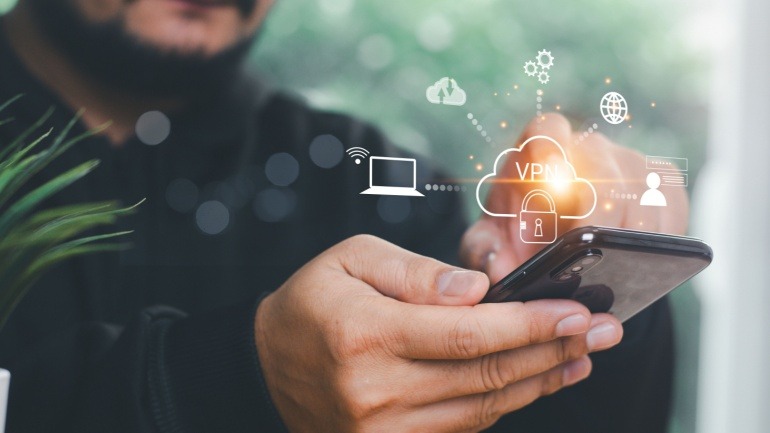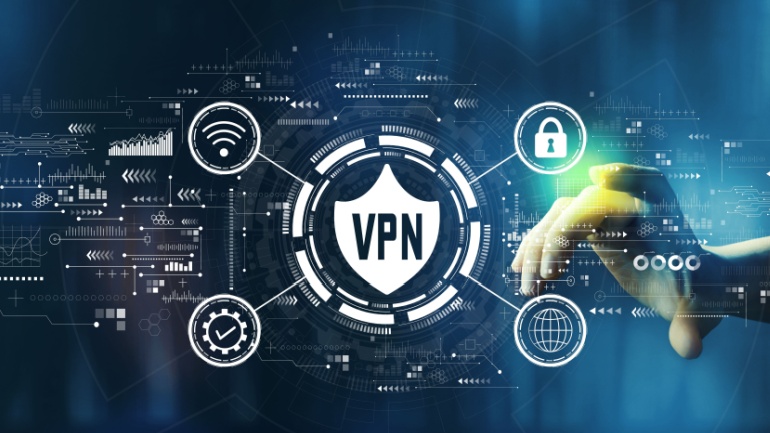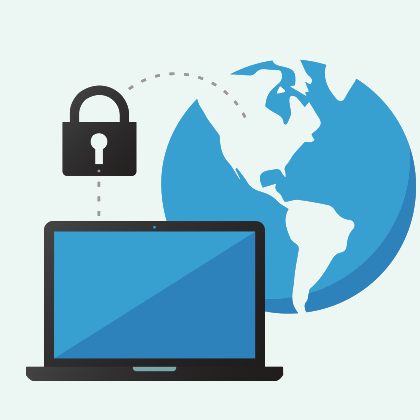Sparkle has launched its Quantum Safe over Internet solution on AWS Marketplace, offering advanced VPN security against quantum computing threats. Built on a cloud native NaaS model, QSI ensures encrypted data transmission between sites and cloud providers, combining strong protection with flexible, automated management.
Sparkle, the subsea cable subsidiary of TIM, has announced the successful completion of its first international VPN test secured with quantum encryption. This milestone was achieved in collaboration with Arqit Quantum, a leader in quantum-safe encryption, and Telsy, TIM’s cybersecurity-focused company. The proof of concept (PoC) involved establishing a secure Internet Protocol (IPsec) tunnel between Italy and Germany using Arqit’s Symmetric Key Agreement (SKA) Platform.
When it comes to the security of your business, you can’t afford to take any chances. But what are the best ways for you to protect your data and make sure your employees are safe? One way is by using a Virtual Private Network (VPN). With more and more employees working from home, many IT professionals may decide to route Voice-over-IP (VoIP) traffic together with the user’s other data through a VPN. Using a VPN for VoIP calling provides additional levels of security and privacy, assisting both in-house and remote workers in remaining secure. What is a VoIP VPN? Simply explained, a VoIP VPN will build a secure tunnel through which all of your VoIP communications will traverse. As a consequence, you’ll be able to circumvent firewall limitations and make calls in a secure manner. Additionally, this type of service will conceal your actual IP address and allocate a…
Google rolls out BeyondCorp for secure remote network access without a VPN Google has launched BeyondCorp Remote Access, a new security service designed to provide remote access to internal systems without using a virtual private network (VPN). This new cloud-native security product is based on a “zero-trust approach” and is founded on a system that Google originally built for internal use almost a decade ago. Google said that when the number of remote connections suddenly increases, the VPN architecture may not be able to handle the load. BeyondCorp Remote Access includes a database of every device authorized to connect, a security certificate installed on that device, and integration with a human resources database containing information about usernames and group memberships. Read more at https://tinyurl.com/ya4hhtsk Zoom adds encryption as it passes 300 million daily users Zoom Video Communications has launched an update of its virtual meetings software, adding encryption and new…
Not being concerned about your privacy on the Internet is simply a mistake you cannot afford to make. Fortunately, there are plenty of Virtual Private Network services available that can protect you from being hacked and spied upon when using the web. voip.review has previously discussed what a VPN is, and why do you need it, and in this article we have selected the top 10 VPNs from the hundreds that are available to be found online. Here is a list of our handpicked VPNs (in no particular order), with detailed descriptions of their services and specifications. Nord VPN With close to 5,000 optimized servers in 62 countries, Nord VPN claims to provide the fastest VPN connection. Nord VPN includes 2048-bit encryption, support for PPTP, L2TP and OpenVPN protocols, optional dedicated IP addresses, encrypted proxy extensions for Chrome and Firefox browsers, and a strict “no logs” policy. A generous number…
Connecting to a public WiFi network at airports, hotels or even at a local coffee shop is not always as safe as one might think, as intercepting private information sent over a public network is quite easy even for inexperienced hackers. As a result, Verizon has decided to combat this security vulnerability by launching a VPN for their customers, Safe Wi-Fi. This new service protects personal data from prying eyes, and blocks advertisement trackers by using VPN encryption. Safe Wi-Fi is available on iOS and Android devices for a fee of $3.99 per month, and can cover up to 10 devices linked to a Verizon account. Considering how much the theft of personal information might cost a user, this is a small price to pay for keeping important data secure.
While the storm caused by the GDPR coming into force on May 25th is quieting down, people are still concerned about the protection of their personal data, and privacy in general. In the current environment, the use of the word VPN is commonplace, yet not everyone understands this term and what it has to do with security. voip.review will provide some basic insights into VPNs. Simply put, the abbreviation VPN stands for Virtual Private Network, a connection method that helps users maintain security while connecting to another network over the Internet. The original idea for creating a VPN was to secure the private network of large corporations, where branch offices and employees need to connect to the network from remote locations. While connecting to the corporate network via cables installed in a local office is relatively safe, connecting to this private network through public networks can introduce security…










